|
Ida B. Wells-Barnett's life embodied "the power of the pen." In honor of her 160th birthday (July 16, 1862) we feel it's appropriate to review her literary contributions, significant landmarks in her life and the influence her work has on our lives today. Best Books on Ida B. Wells in my opinion must begin with her own words. Thankfully her family has preserved diaries, her autobiography, and her own articles in spite of the most egregious racist attack that destroyed her Free Speech newspaper in 1892. I highly recommend to start with her own voice and go from there. Afriware Books was honored to host an author interview with Ida B. Wells' great grand daughter Michelle Duster this year on Youtube. She indicated a plethora of projects that specifically pay tribute to this legend. Ida B. Wells, Reading ListTitles for Adults
Ida B. Wells-Barnett TitlesReview of her LifeLet's start with a quick review of her life. Ida B. Wells was born in Holly Springs, Mississippi, in 1856 to parents who were enslaved. She demonstrated early on her leadership and courage when she decided at the age of 16 to raise her five siblings after learning that both of her parents died from the Yellow Fever epidemic. She lowered the length of her skirt to look older so she could get a job as a teacher. It is amazing that she had the presence of mind and strength of character to take on this challenging task while grieving the death of her parents. Well's education included attending Rust College in Holly Springs, Mississippi, and, Fisk University in Nashville, Tennessee. Ida B. Wells was an investigative journalist and advocate for justice. She wrote editorials, articles, and pamphlets that exposed the injustices of racism in the South. Her writing was so powerful and persuasive that it angered former slave holders around the country. In 1892, Wells' gained a clarity of her life's purpose when a heinous crime hit close to home. Three black male grocery store owners were lynched by white men who accused them of selling beer and running an illegal business. Wells was an established writer at this point and critiqued the Memphis Education system, in her newspaper she co-owned called, "The Free Speech." When she learned about this story, however, it touched her deeply. She knew the victims personally. They were friends of hers. Wells was furious about the murder of her friends and that the city's white population seemed to condone the perpetrators actions since noone was ever brought to justice about it. She began writing articles about this story in an attempt to raise awareness about lynching in America and its devastating effects on Black people. The articles also discussed how lynchings could happen anywhere and to any Black person without due process—even in a small town like Memphis, where Wells lived at the time. Wells put her extensive journalistic research skills to use and wrote about how Black men were unjustifiably and excessively charged with sexual violence against white women. Facts and figures were her guide to exposing the truth. She risked her life to obtain interviews from eyewitnesses to draw attention and shame to the barbaric behavior happening in the South and beyond. Wells’ newspaper articles about lynching angered white Southerners because their violent practices were exposed as lawless acts of hate against Black people. As a result, she suffered threats on her life and had to flee Memphis, Tennessee with her family. The article that raised the death threats to a fever pitch called into question the reputation of white women. That article, and the accompanying lecture around it can be found in the important book of Wells' writing called "The Light of Truth." When the article began to circulate like wild fire around town, it led a white mob to burn and destroy her newspaper's office in Memphis. The press also publicly threatened her with bodily harm if she returned to the city, in retaliation for its publication. Wells focuses on the True Reason Why Lynchings OccuredPower. When Black people began to establish more control over their livelihood, it threatened the status quo whites had on wealth and power. Wells' articles pointed out the parasitic relationship between white businessmen and Black patrons. Blacks were treated badly in their businesses yet white business owners still wanted their/our money. Wells exposed this and encouraged Blacks to leave town to take their money elsewhere. There's an excellent documentary called, "Ida B. Wells: A Passion for Justice" that explains the important role that Wells played in being a key catalyst to the sequence of events that led to the so called "great migration" from the South. Sharing her thoughts on this analysis on a continuous basis caused over 6,000 black people to leave the South for better circumstances. She said in "The Light of Truth - Writings of an Anti-Lynching Crusader," "...no matter what the attainments, character or standing of an Afro-American, the laws of the South will not protect him against a white man." After this pronouncement, Wells goes on to say in her searing speech called, "Lynch Law in all its Phases" that "in two months, six thousand persons had left the city and every branch of business..." This speech appeared as an article in a Boston magazine called "Our Day." I will not see the phrase "great migration" the same again after learning about the important role she played in pointing out that white businessmen created an environment of violence and fear that left Black people with little choice but to leave. She highlighted the fact that the money they were pumping into the economy should be moved elsewhere. This is not "migration" which seems as if the choices are solely based on wanting a change of scenery. To me it is more like explaining the difference between an "indentured servant" and someone who was "enslaved." When using the word, "enslaved", the "involuntary" part of the definition is placed front and center which at least gives a clue that violence was a part of the equation. It gives better voice to the fact that the condition was not agreed upon by both parties. It is not a natural state like the phrase, "born a slave." No, "migration" is a word that is too clean and sanitized. "Exile" is the pen name Wells used when continuing to write in the "New York Age" newspaper, and it is fitting to use in place of the word "migration." "...I was convinced that the Southerner had never gotten over this resentment that the Negro was no longer his plaything, his servant, and his source of income." |
Ida B. Wells Family

- Wells and Frederick Douglass were friends?
- Wells was critical of "Birth of a Nation" when it first came out?
- She knew Harriet Tubman?
- Marcus Garvey asked her to speak at one of the UNIA conventions?
Want to Learn More?
AUDIOBOOKS
MERCH
GIFTS
join email list
ACADEMIC BOOKS
blog Author/
EDITOR
My name is Nzingha Nommo, I've been in business since 1993 as owner/Founder of Afriware Books, Co. Thought I could share a few things I learned from my journey. I also dabble in veganism, natural hair and other odds and ends. Learn more on our About Us page.
Archives
April 2024
May 2023
March 2023
October 2022
September 2022
August 2022
June 2022
May 2022
March 2022
January 2022
October 2021
September 2021
August 2021
July 2021
June 2021
May 2021
March 2021
February 2021
January 2021
December 2020
November 2020
October 2020
January 2016
December 2015
June 2015
August 2014
Categories
All
Artist Interview
Black Boy
Black History Books For Kids
Book Lists
Book Reviews
Irving Bunton Page
Journals
NATURAL HAIR
Reading List
TOURISM

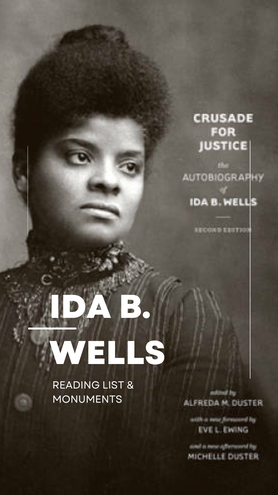
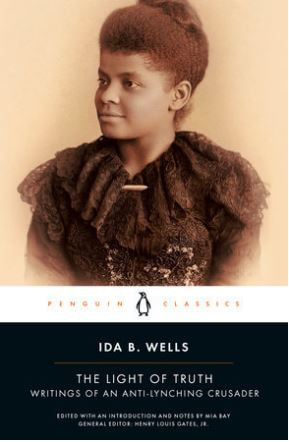
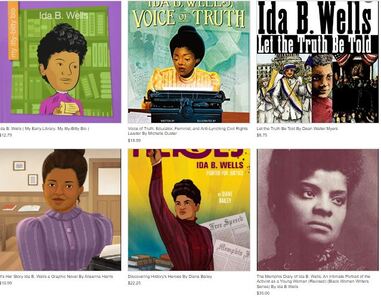
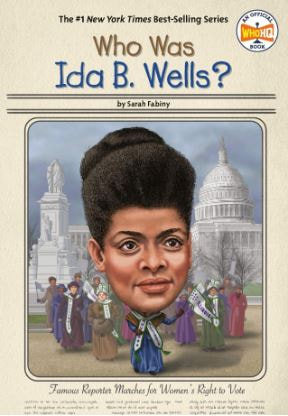
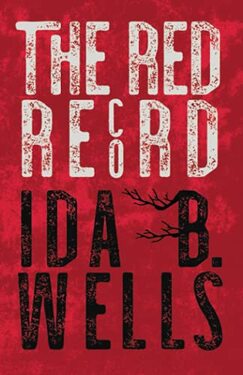

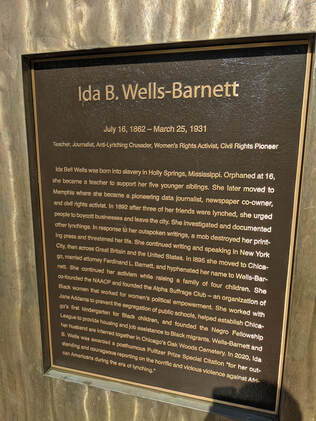





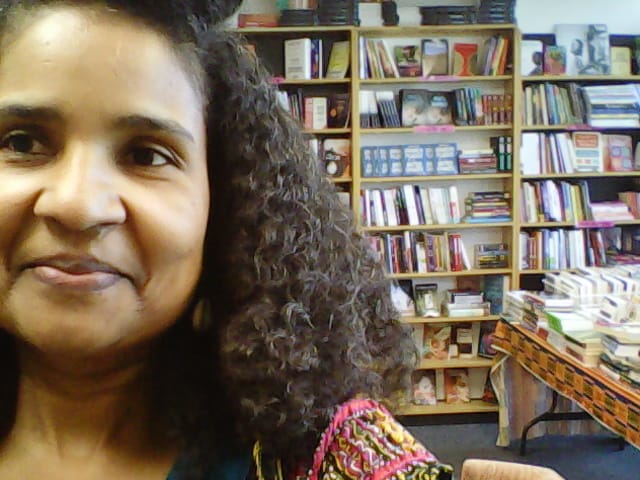
 RSS Feed
RSS Feed


